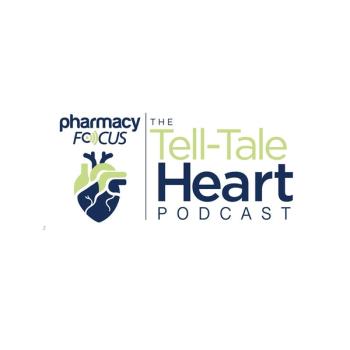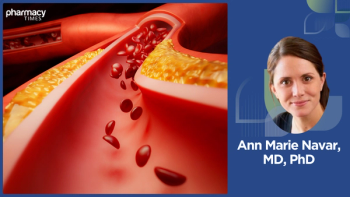
NSAID Use Linked to Lower Colorectal Cancer Mortality
Findings from a recent conference show that lower colorectal cancer mortality rates were associated with consistent NSAID use in postmenopausal women.
Postmenopausal women who reported using nonsteroidal anti-inflammatory drugs for at least 10 years at the time of enrollment in the Women’s Health Initiative study had a lower risk for death from colorectal cancer compared with those who had not used the drugs, according to data presented at the 10th
“Our results suggest that nonsteroidal anti-inflammatory drug (NSAID) use is associated with lower colorectal cancer mortality among postmenopausal women who use these medications more consistently and for longer periods of time,” said Anna E. Coghill, MPH, a doctoral student in epidemiology at the University of Washington and Fred Hutchinson Cancer Research Center, in a
Coghill and colleagues evaluated the association between aspirin and nonaspirin NSAID use and colorectal cancer mortality in 160,143 postmenopausal women enrolled in the Women’s Health Initiative (WHI) who did not report a history of colorectal cancer at baseline. The study population included women enrolled in the WHI clinical trials and women enrolled in the WHI observational study.
The study population, according to Coghill, represents a large and well-characterized cohort of postmenopausal women. Therefore, the medication data that was collected allowed for the investigation of multiple types, durations and strengths of NSAID use. The investigators confirmed 2,119 cases of colorectal cancer through medical reports and verified 492 deaths due to colorectal cancer through a centralized medical record and death certificate review.
Coghill and colleagues found that reported use of NSAIDs such as aspirin, ibuprofen and prescription NSAIDs at baseline, by itself, was not associated with colorectal cancer mortality.
However, women in the study who reported using NSAIDs at both study enrollment and three years after study enrollment exhibited an approximately 30% lower rate of death due to colorectal cancer compared with women who reported no NASID use or use at only 1 of these 2 time points. Researchers also observed significant reductions in colorectal cancer mortality among women who reported at least 10 years of NSAID use at study enrollment compared with those who reported no use.
“The results of our study help to further clarify the importance of different durations of NSAID use over time for the risk for dying from colorectal cancer,” Coghill said.
Newsletter
Stay informed on drug updates, treatment guidelines, and pharmacy practice trends—subscribe to Pharmacy Times for weekly clinical insights.







































